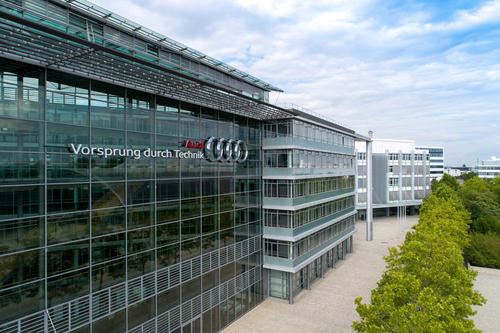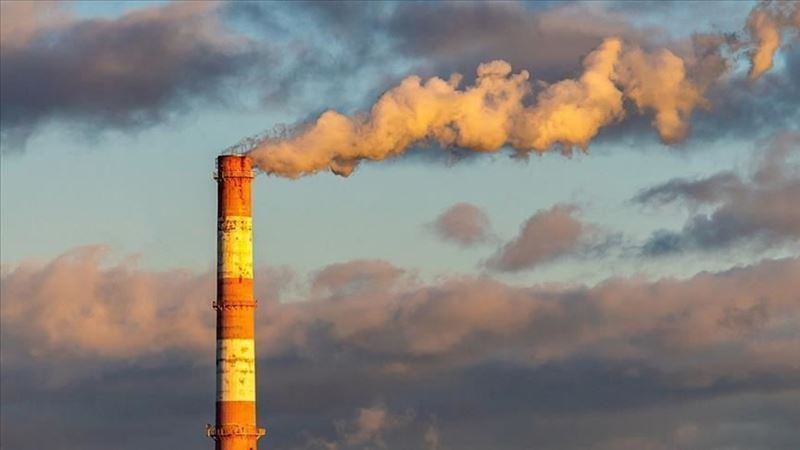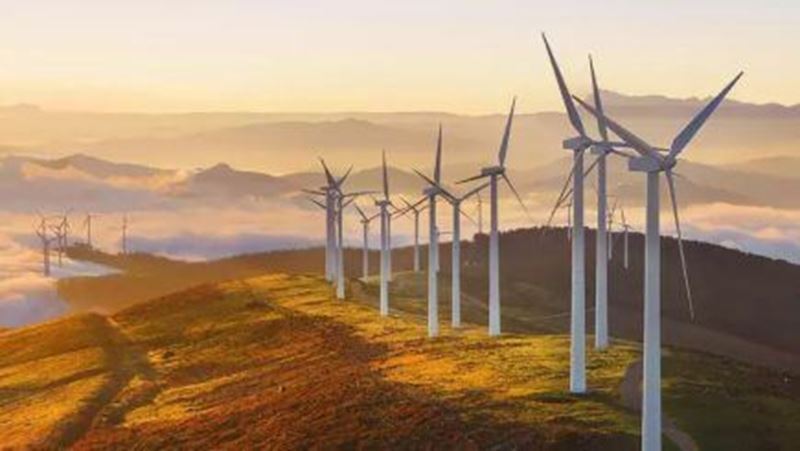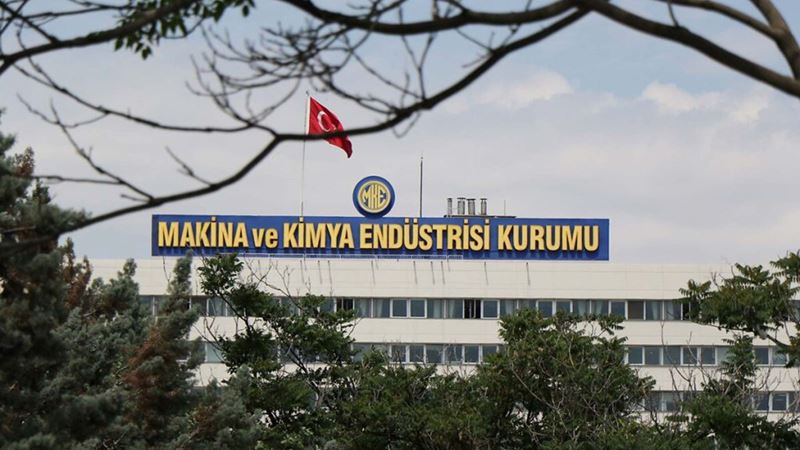Audi CEO said: "The project highlights our ambitious vision of operating end-of-life vehicles with an efficient circular economy concept. It is our primary goal to recover as many materials as possible in high quality and reuse them in production. In this way, valuable primary materials "It will be protected and the ecological footprint of the products will be reduced. At the same time, it can contribute to the solution of supply problems by providing direct access to secondary materials. There will be no necessity to extract raw materials."
As part of the MaterialLoop project, 100 used vehicles, including development vehicles, were disassembled in October 2022. High-quality materials from the disassembled parts are reserved for recycling. The major materials that make up the body of the vehicle were divided into material groups consisting of steel, aluminum, plastic and glass by the project partner companies. In order to test the use of the obtained materials in the production of new cars, Audi identified and guided the recycling process together with the recycling industry companies, companies in Audi's supply chain and academic institutions among the project partners.
As part of Audi's circular economy strategy, the project also provides important insights into how a circular economy should be implemented in practice. Audi Circular Economy Expert summarizes: "Circular economy is basically about using resources responsibly. Longevity, repairability and indeed the recyclability of our products are the focus".
Audi A4 model expected to be produced with recycled scrap steel
With data from the Audi MaterialLoop project, he enabled some materials to be reused in automobile production. It has been determined that a significant part of the recycled scrap steel can be used in the production of new model vehicles. In the first trial run of the project, six steel coils were produced, made from approximately 12 percent secondary MaterialLoop materials that meet Audi's high quality standards and can be used for the most demanding structural components. Audi plans to use these steels in the door parts of 15 thousand Audi A4 models at its Ingolstadt press factory. Research conducted within the scope of the project reveals that the share of recycled steel in production can be further increased.
As an additional result of the MaterialLoop project, Audi has also worked with the Volkswagen Group to develop a guide for suppliers explaining in which plants plastic parts can be designed, which will further increase the recycling rate in automotive production.
As part of Audi's circular economy strategy, the project also provides important insights into how a circular economy should be implemented in practice. Audi Circular Economy Specialist Dennis Meinen: "Circular economy is basically about using resources responsibly. Longevity, repairability and indeed the recyclability of our products are the focus." explains as.
Audi; has previously worked on glass, plastic and aluminum recycling.
Audi aims to use recycled materials more effectively in the coming years. To this end, Audi pursues the goal of creating material cycles for automotive applications wherever technically possible and economically and ecologically logical with Procurement. To this end, Audi began collecting information on the recycling of used automobile glass in the spring of 2022. In this pilot project, irreparable car windows were first broken into small pieces and then sorted. Afterwards, the glass granules obtained were melted into a new and flat glass for use in the automotive industry. The material produced is currently used in the production of the brand's all-electric SUV, the Q4 e-tron.











Comments
No comment yet.